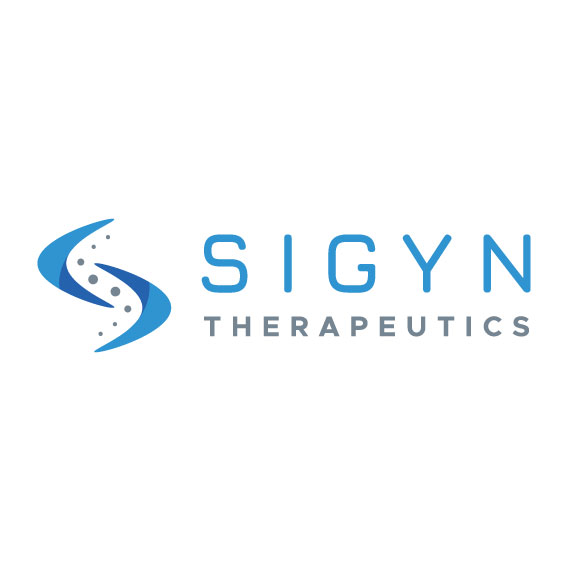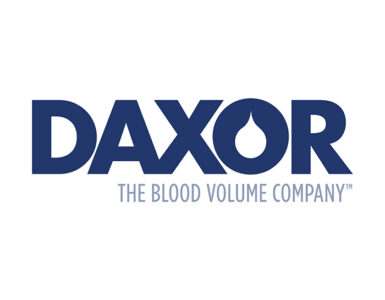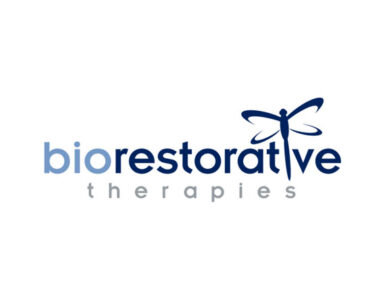
Sigyn Therapeutics (OTCQB:SIGY) plans to pursue first-in-human feasibility studies of its Sigyn Therapy in end-stage renal disease (ESRD) patients suffering from excess inflammation and/or endotoxemia.
Sigyn Therapy is broad-spectrum blood purification technology that isolates and extracts pathogen sources of life-threatening inflammation in concert with the depletion of proinflammatory cytokines from the bloodstream.
In the company’s proposed study, Sigyn Therapy will be combined in series with enrolled subjects regularly scheduled dialysis treatment.
“In recent months, we identified and initiated an evaluation of ESRD inflammation and endotoxemia as a candidate indication to demonstrate initial safety of Sigyn Therapy in human studies,” Jim Joyce, founder and CEO of Sigyn Therapeutics, said in a statement.
“From a clinical execution perspective, we concluded it would be advantageous to incorporate Sigyn Therapy in series with normally scheduled dialysis treatments of enrolled ESRD patients with established blood access,” he said.
“We also believe that the high incidence of ESRD inflammation and endotoxemia may optimize patient enrollment in a non-intensive care environment and allow for the collection of secondary data endpoints that will contribute to the potential advancement of Sigyn Therapy in other indications,” he added.
Inflammation and endotoxemia are prevalent conditions associated with increased mortality in dialysis-dependent ESRD patients. According to the United States Renal Data System, there are more than 550,000 individuals with ESRD, which results in approximately 85 million dialysis treatments being administered in the U.S. each year.
At present, there are no approved drugs to treat ESRD-related inflammation and endotoxemia. “Sigyn Therapy offers a candidate strategy to improve the health and quality-of-life of ESRD patients,” Mr. Joyce said.
In addition to evaluating the safety of Sigyn Therapy in health-compromised ESRD patients, the company plans to quantify changes in circulating levels of endotoxin (gram-negative bacterial toxin) and inflammatory cytokines including, tumor necrosis factor-a, interleukin-1b, and interleukin-6 before and after each administration of Sigyn Therapy.
Previously conducted in vitro studies have validated the ability of Sigyn Therapy to address each of these therapeutic targets, which are also associated with sepsis, a leading cause of hospital deaths worldwide; community-acquired pneumonia, a leading cause of death among infectious diseases; and emerging pandemic threats.
Based on its disclosed intent to enroll ESRD patients, the company is updating an investigational device exemption that it drafted for submission to the FDA related to the potential initiation of human feasibility studies.
The company also disclosed that it has downgraded its clinical interest in treating hepatic encephalopathy and other liver-associated disorders at this time.
Candidate treatment indications for Sigyn Therapy are primarily comprised of pathogen-associated inflammatory disorders that are not addressed with approved drug therapies. In addition to ESRD inflammation and endotoxemia, these include sepsis, community-acquired pneumonia and emerging pandemic threats.





